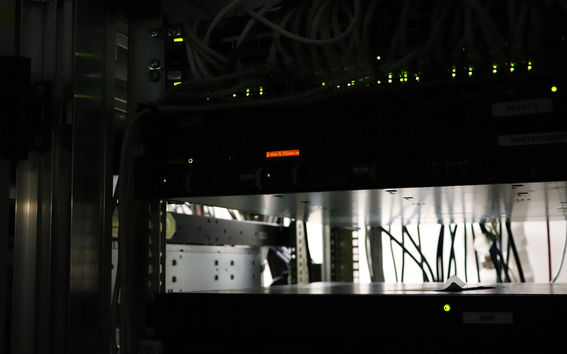Internet technologies

The research group works on various themes related to Internet, and mobile and fixed networking. Some of the past topics have included congestion control algorithms, multi-path data transport, mobility management, routing on layer 2, cyber security and energy efficiency of wireless data transfers and also data centers, in particular. This work has produced over a hundred scientific publications and over ten doctoral dissertations. The group and professor Jukka Manner have contributed to a number of Internet Engineering Task Force (IETF) Working Groups and thereby progressed standardisation of core Internet technologies.
A major result of the work on mobile communication was the launch of the Nettitutka (eng. Netradar) mobile measurement platform in 2012. At its peak, the service had over 300'000 users around the world and produced unique data and insight to our research on the performance and evolution of mobile networks and mobile devices. We had measurement clients for Android, Blackberry, iOS, Jolla, Meego and Windows Phone. The service was closed in 2020 and the technology is being commercialised by a new start-up, Netradar - thus, the work continues.
The research group has moved on, and current topics include e.g., 5G (through cloud-based services and SDN), communications for safety and security applications, and energy-efficient ICT (see below).
The group uses diverse methods in the work, from simulations and emulations to building prototypes and running concrete experiments in the wild. Still, at the heart is tendency to follow the unofficial IETF motto “We believe in rough concensus and running code”. This means we like to see how things work in real life and want to experiment with our ideas.
This is becoming extremely important as the growth of ICT has no inherent upper bound. More devices, data centers and networks are being manufactured and deployed. The overall energy consumption of the ICT ecosystem is growing despite the huge increase in the performance and energy-efficiency of the hardware (around 1’000’000x in 30 years). The ICT sector needs new ways to lower its impact on the planet, in terms of energy consumption and manufacturing of new hardware.
Contact
The research group is led by Professor Jukka Manner.
Group members







